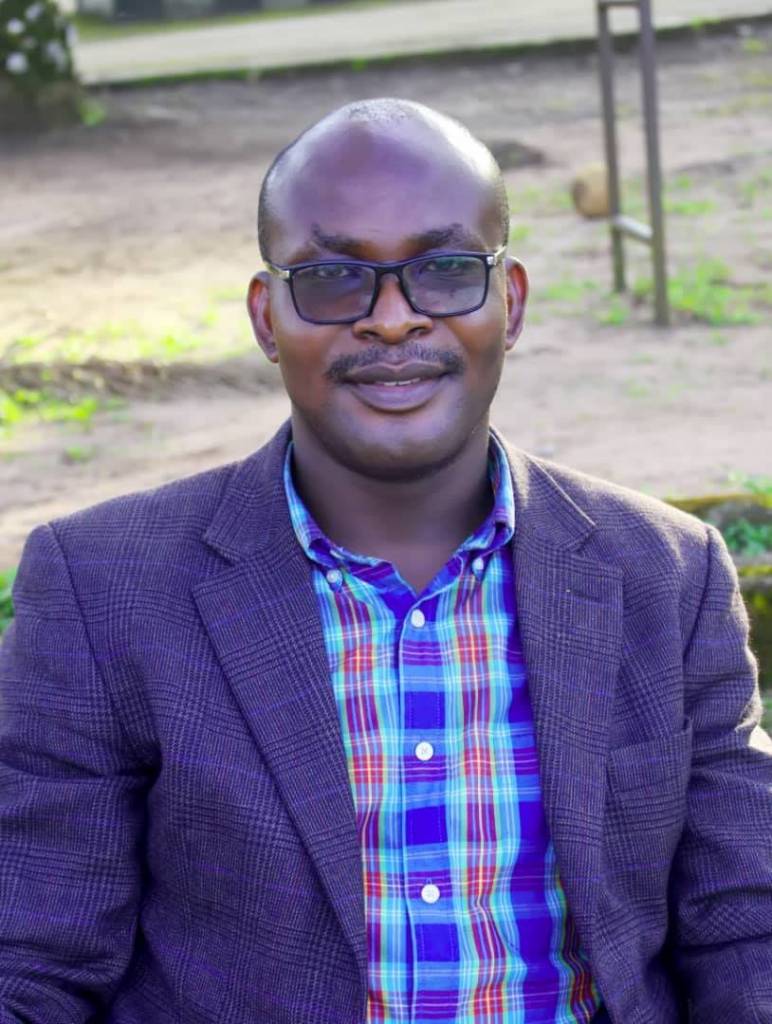Sunday, July 18, 2021
Sixteenth Sunday in Ordinary Time
First Reading: Jeremiah 23:1-6
Second Reading: Ephesians 2:13-18
Gospel: Mark 6: 30-34
SHEPHERDING GOD’S WAY
The readings of today have one central theme: shepherding. In the first reading, Jeremiah announces God’s rejection of the shepherds of Israel and His promise to raise new shepherds that will feed His sheep according to His will. When you hear the word shepherd in the Church, what comes to your mind? You think about the Pope, the bishops and the pastors. In ancient Israel, the shepherd image was used with reference to the elitist class. David was called from being a shepherd to become a king. Abraham was a shepherd. Shepherding has something to do with authority and only in a narrow sense, refer to those who exercise pastoral care over the people of God.
Jeremiah prophesizes doom for the shepherds who “allow the flock of God’s pasture to be destroyed and scattered.” He passes a vote of no confidence on the elites and leaders of Israel for abandoning the path of caring for their weaker and less privileged brothers and sisters, amassing wealth and engaging in idolatrous pursuit of pleasures. But the Lord does not only words of condemnation. As the Good Shepherd who cares for his flock, He promised through the mouth of Jeremiah, to raise shepherds after His own heart. Historically, Jeremiah may be seen as making a reference to Hezekiah son of Ahaz and Abijah who was at that time about to take over the throne of David. He ruled from 715 BC to 686 BC. He was considered a righteous king and enacted sweeping religious reforms including a strict mandate for the sole worship of Yahweh and prohibiting the worship of other gods. But as history turned out, the expectations imbedded in Jeremiah’s prophecy was not fully realized in Hezekiah or in the time of any king of Israel. So, this image of a good, selfless, humble and caring shepherd after God’s own heart continued to function in Israel as an object of hope until the New Testament times.
In the Gospel, we see Jesus proves that He is the fulfillment of that hope. He is not only willing to tender the flock, but is ready to give His life for it. The immediate context is the return of the apostles from their missions. Jesus invites them to come with Him to a lonely place to rest. Before they could get there, people anticipating them reached there before them. It was a real crowd, carrying with them, their burdens and sicknesses, their pains and hungers – both material and spiritual. Mark says, “they were harassed and hungry, like sheep without shepherd.” Remember, Jesus and His disciples were tired and exhausted from work and wanted to rest. So, we have on the one hand, their need of rest and private time and on the other hand, the needs of the people. What to do? Enjoy their well-deserved rest or embark on another mission. Here lies the important lesson of today – the chief characteristic of the shepherd is self-sacrifice.
How many of us are ready to sacrifice our own need for the good of others? How many of us allow pity or compassion to move us against our very selves? When Jesus saw the crowd, Mark says, His heart was moved with pity for them.” The verb he used is ‘splagchnizomai.’ It comes from the noun ‘splagchna’ which refers to the heart, lungs, liver and intestines. The verb splagchnizomai conveys the idea that a person is really turned up inside and is moved to the depths of his or her being. It is the strongest word in Greek for the feeling of compassion. He sacrificed their need of rest for the needs of others. The needs of others take precedence. This is the chief characteristics of a shepherd and without it, you are not a shepherd at all.
You may have read about the Genovese or bystander effect. It is a psychological phenomenon that takes its name from Kitty Genovese. Genovese was a young woman who was stabbed to death in New York in 1964. Many people heard her cries for help but nobody came to help her. The Genovese or bystander effect was researched by two social scientists; John Darley and Biib Latane. They staged several emergencies and measured how long it took before participants did something about it if they responded at all. This experiment frequently replicated, showed that a lone bystander was far more likely to intervene than a group of bystanders.
In one such experiment, Darley and Lotane invited students to participate in a market research survey. The students went to an office where a young woman gave them a questionnaire to fill out. She then went into a room separated from the office by a curtain. At the completion of the questionnaires, the students heard the woman fall and cry out for help (my ankle, I can’t move, help me). She cried out for another minute before help could come. When this experiment was carried out with only one student in the room, 70% of the time, the student rushed in to help immediately. When there was a second student, only 7%. The more there are persons, the less likely any of them is to help the victim. People in a group usually think someone else is in a better position to help.
We must become the one who responds to the needs of others. We are invited to imitate Jesus by allowing compassion to move us in the face of the needs of others so that we are willing to forgo personal comfort for the needs of others.
Happy Sunday

Rev. Fr. Chidi Onwuka M.Ss.Cc
